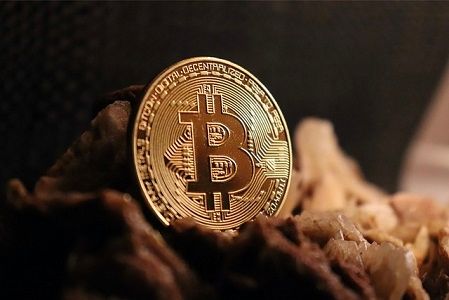USD/JPY analysis ahead of US CPI, Fed, and BoJ rate decisions

The USD/JPY exchange rate wavered this week as investors reflected on Monday’s Japan economic data and the upcoming US inflation numbers. The pair was trading at 150, a few points above this month’s low of 148.75.
US inflation data ahead
The USD/JPY pair tilted upwards after last Friday’s US jobs data. According to the Bureau of Labor Statistics (BLS), the economy created over 200k jobs, a big increase from the 30k it created a month earlier.
However, other parts of the jobs report were not all that good. For example, the labor participation retreated slightly, while the unemployment rate rose from 4.1% to 4.2% during the month.
These numbers mean that the labor market is a bit soft-ish since the big increase in job additions was because of the end of Boeing’s strike. Also, October’s jobs numbers were impacted by the hurricane season.
The next key USD/JPY data to watch will be the upcoming US inflation numbers scheduled for Wednesday. Economists expect the data to show that the headline CPI rose by 0.2% in November. They expect that the CPI will grow from 2.6% to 2.7%, moving further ahead of the Fed’s target of 2.0%.
Core inflation, which excludes the volatile food and energy prices, is expected to remain at 3.3% and 0.3% on a YoY and MoM basis, respectively.
If these numbers are accurate, the Fed will likely maintain a more hawkish tone when it meets next week. In this, the bank will decide to leave interest rates unchanged and pledge to be more gradual when cutting.
Data by the CME, however, shows that the odds of a 0.25% cut are at 85.8%, while those of status quo are at 14.2%. This view is supported by Polymarket, which has placed the odds of a 0.25% cut at 86%.
BoJ rate hike ahead
The other important catalyst for the USD/JPY pair will be the upcoming Bank of Japan interest rate decision.
Analysts expect that the BoJ will opt to implement the third interest rate cut of the year. If this happens, the bank will increase rates to 0.50% in its next week’s meeting.
Data released this week showed that Japan’s economy did relatively well in the third quarter. It expanded by 0.3% in Q3, higher than the median estimate of 0.2%. The annualized GDP growth was about 1.2%, higher than the expected 0.9%.
Private consumption rose by 0.7%, while capital expenditure fell by 0.1% during the quarter. More data showed that Japan’s bank lending rose by 3% in November, while the adjusted current account rose to over 2.4 trillion.
A BoJ rate hike will largely invalidate the carry trade that has excited in the past few yars. A carry trade is a situation where investors borrow from a low-interest-rate country to invest in a high-interest-rate one.
USD/JPY technical analysis
The daily chart shows that the USD/JPY exchange rate has remained on edge in the past few days. It has continued to consolidate at the 50-day and 100-day Exponential Moving Averages (EMA).
The pair has remained slightly above the first support of the Andrew’s pitchfork tool. It has also moved between the 38.2% and 23.6% Fibonacci Retracement levels.
The USD to JPY exchange rate is also forming a bearish flag pattern. This pattern is made up of a vertical line and a consolidation at the bottom. More downward trend will be confirmed if the pair drops below the month-to-date low of 148.74. A break below that level will raise the odds of the pair falling to 145.
The post USD/JPY analysis ahead of US CPI, Fed, and BoJ rate decisions appeared first on Invezz



